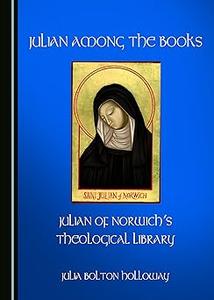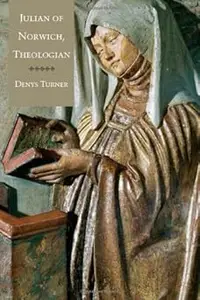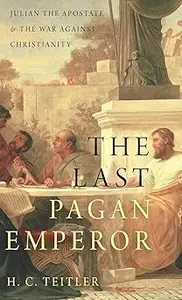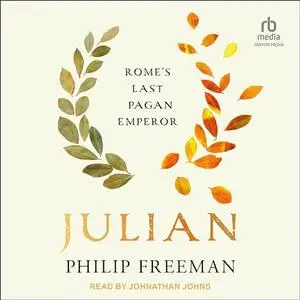 Free Download Julia Bolton Holloway, "Julian Among the Books"
Free Download Julia Bolton Holloway, "Julian Among the Books"
English | ISBN: 144388894X | 2016 | 338 pages | PDF | 4 MB
Julian among the Books: Julian of Norwichs Theological Library brings together innovative research on aspects of the Showing of Love, especially the Pan-European background of its manuscripts, and their contexts, arguing for the concept of Holy Conversations in a mise en abyme, where her readers, breaking the frame, participate in her contemplative visions. It discusses the three versions of her text, her knowledge of Hebrew, and her Benedictine context and its lectio divina, including textual and physical links with the Norwich monk, Cardinal Adam Easton, OSB, his collegial friendship with St Catherine of Siena and St Catherine of Sweden, and his support for St Birgitta of Swedens canonisation. The book also explores the library of texts of the Friends of God movement, including the Mirror of Simple Souls of Marguerite Porete, and presents the texts of Julians conversation with Margery Kemp, and discusses the exiled Brigittine and Benedictine nuns who continued to treasure and copy Julians text on the Continent following Englands Reformation. Scholarly methods used in this study include palaeography, codicology, iconography, reader reception, discourse on the Body, use of Hebrew, Greek and Latin, and the concepts of Holy Conversation and Textual Communities. It gives much of the text of the Westminster Manuscript in translation, along with many quotations from the Westminster, Paris and Sloane manuscripts in their original layout and spelling. Illustrated with colour plates of the Julian manuscripts in the centrefold and other images, and black and white figures throughout the body of the text, it brings the reader as close as possible to Julians writing, her context, and her preservation by other women contemplatives throughout time.
(more…)










